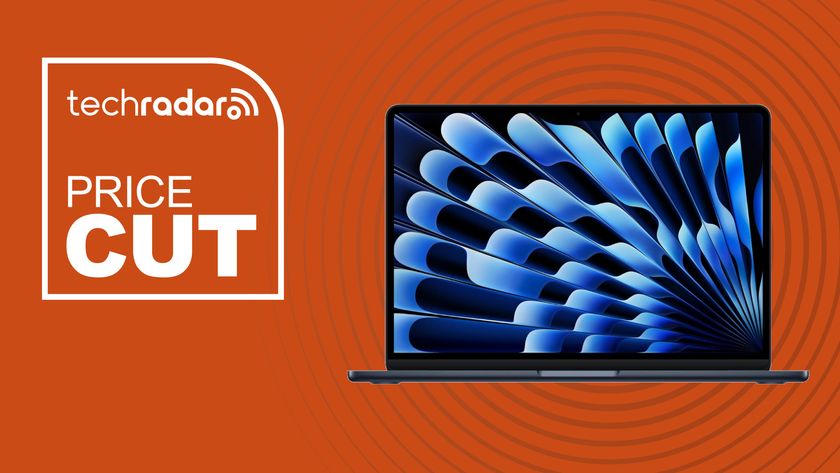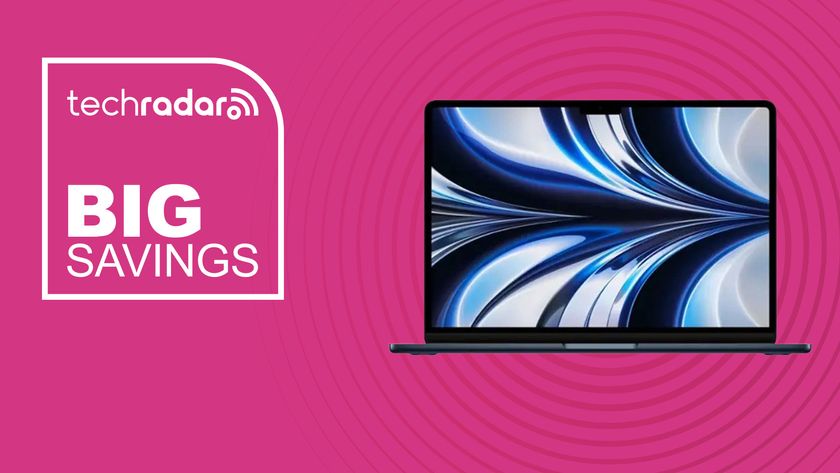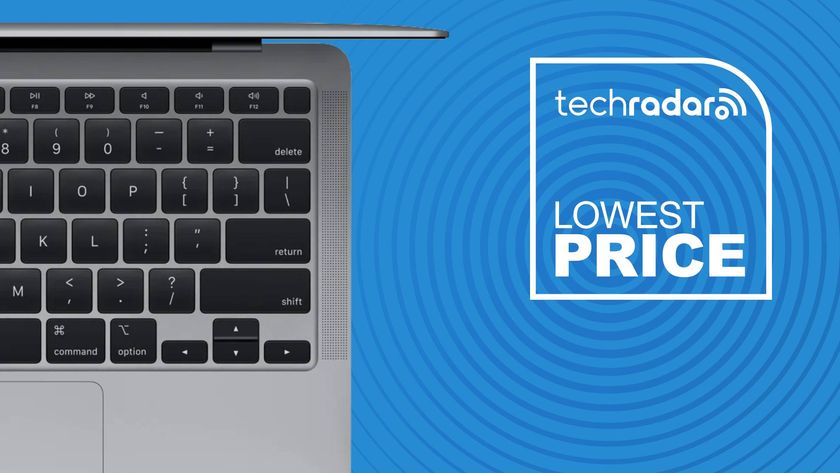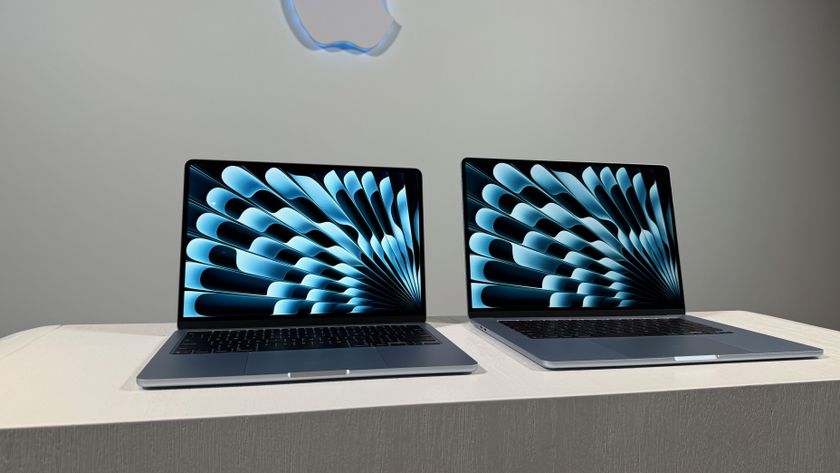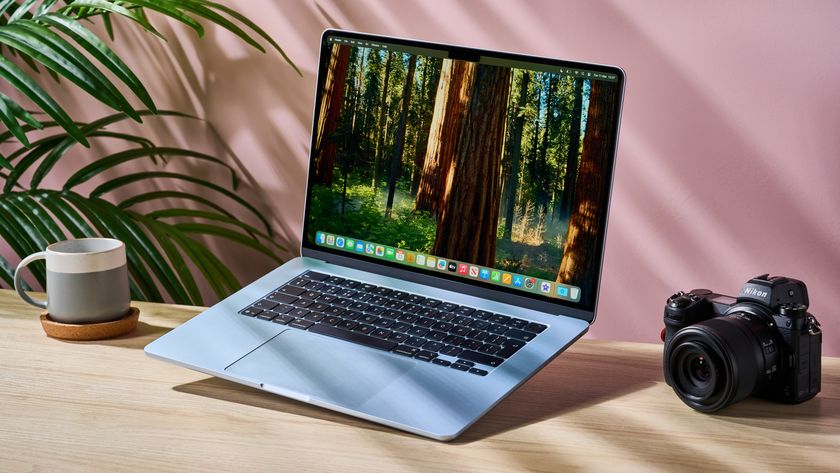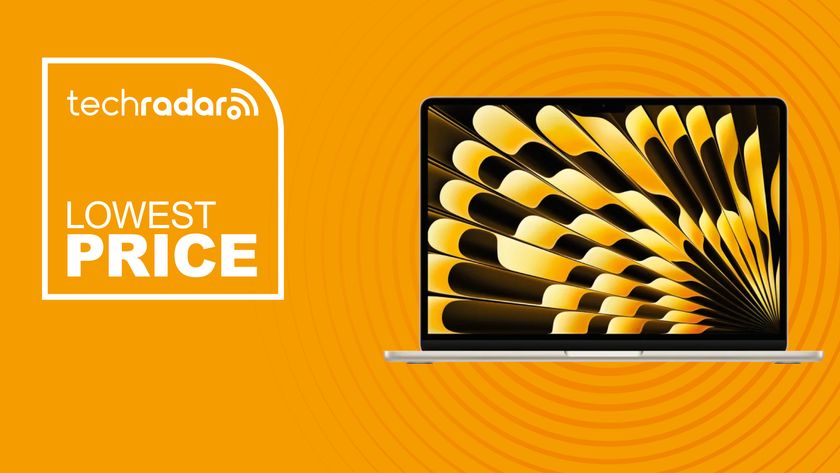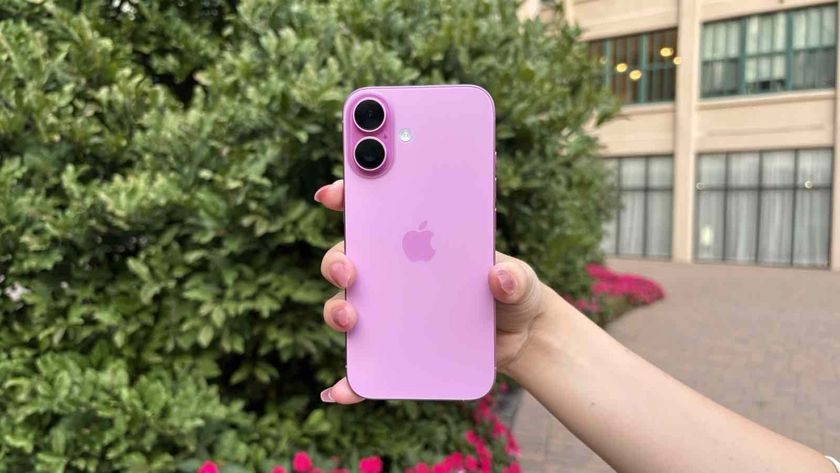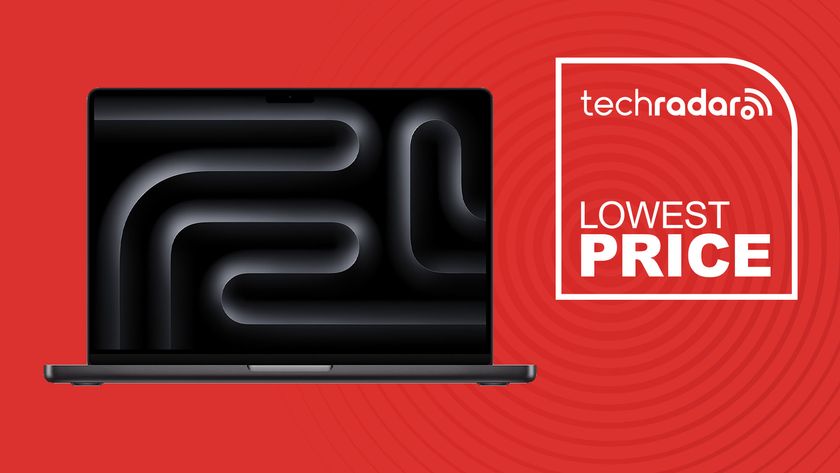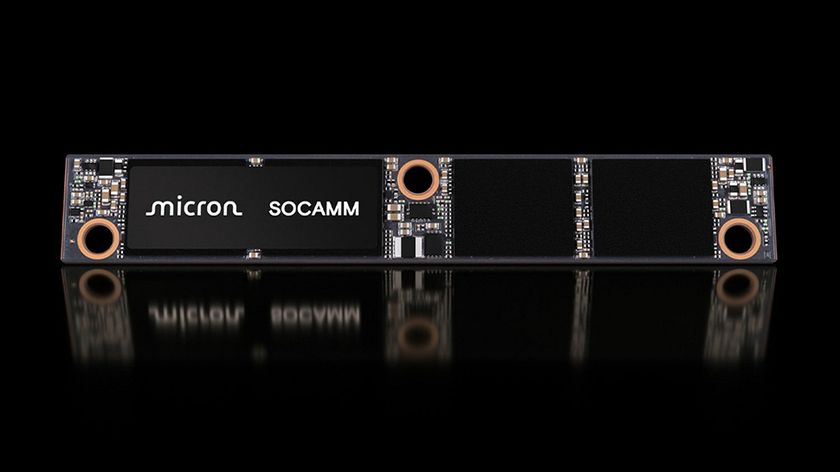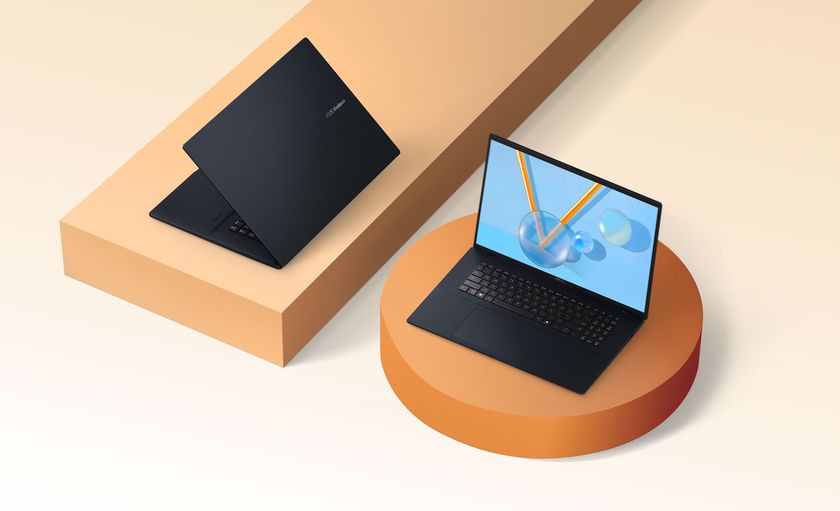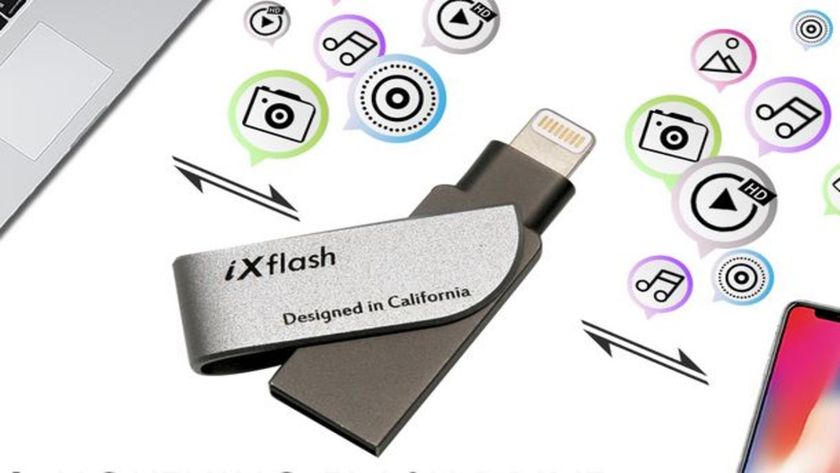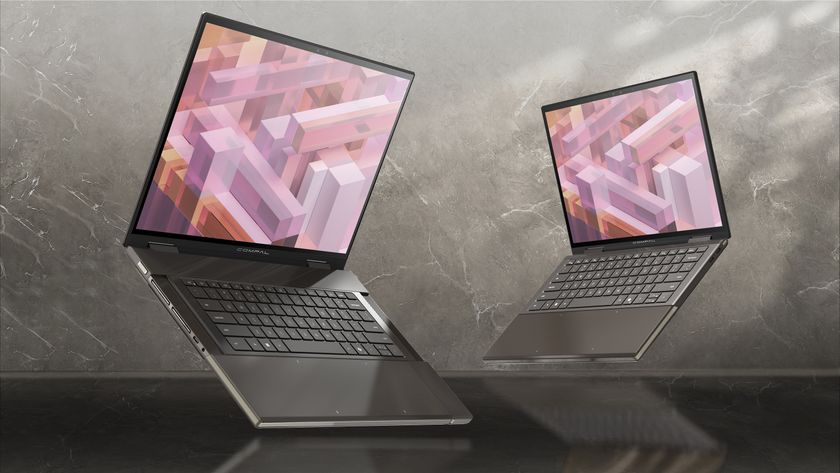Apple chewed up 19.9 percent of 2012 consumer electronics revenue
While mobile devices rule the roost
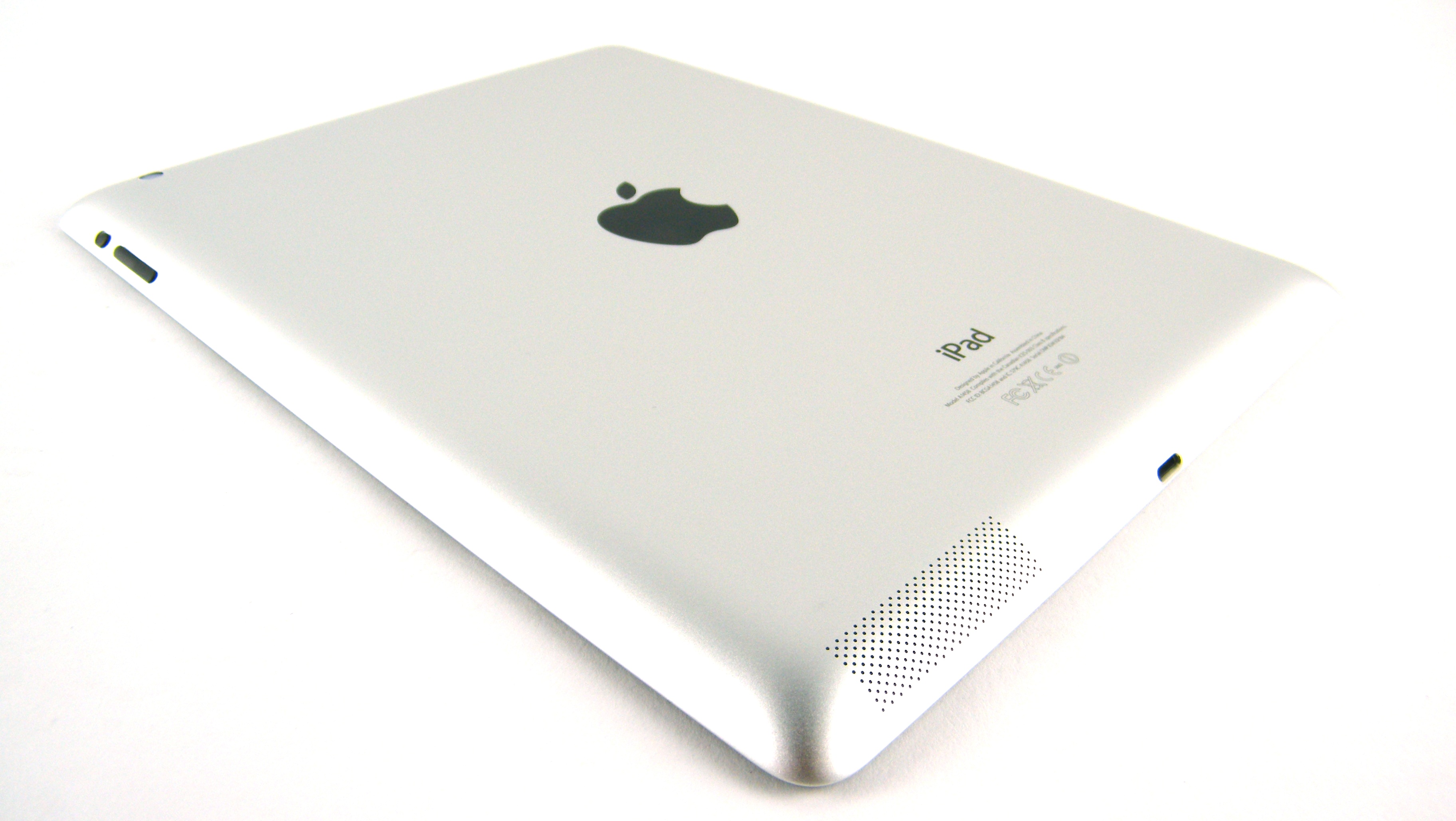
We're well on our way into 2013, but there's still new data surfacing about how mobile sales faired last year, courtesy of market research and advisory firm NPD Group
If you had been following the dramatic sales numbers of Android and iOS devices all throughout 2012, it shouldn't come as much of a surprise to learn both the smartphone and tablet markets dominated by those operating systems saw tremendous growth last year.
Apple, meanwhile, nabbed 19.9 percent of all consumer tech sales last year, a number that outshoots its closest (American) competitor.
Unfortunately, there's little positive light to shine on the rest of the consumer electronic market, particularly flat-panel TVs and desktop and notebook computers.
Though all five of those key markets were the strongest at retail in 2012, only smartphones and tablets saw revenue increases, while the rest of consumer electronics all saw declines at the register.
Further down the spiral
Since 2010, consumer electronic sales have declined by $4 billion in the U.S., with slight drops in annual revenue the past two years.
Though almost $143 billion was spent on electronics in the States in 2012, almost every single category failed to improve year-over-year.
Get daily insight, inspiration and deals in your inbox
Sign up for breaking news, reviews, opinion, top tech deals, and more.
Had it not been for an uptick in the fourth quarter, 2012's total revenue would have been drastically lower, and provided no hope of a turnaround in 2013.
Fortunately, as you may recall some 17 million Android and iOS devices were activated during Christmas alone, helping to somewhat salvage an otherwise unremarkable year at retail.
It was the first time in six quarters there had been an increase in sales, indicating there might be a change on the way.
Cannibalized market
Tablet sales were up 42 percent from 2011, while notebook computers and desktops fell quite a bit in 2012, dropping 9 percent and 11 percent respectively.
The rise of the tablet has led to fewer computer purchases, and even though tablet growth has more than made up the losses of the computer market, it didn't increase enough to improve the overall sales for the year.
Rounding out the top five, smartphones also saw a nice increase (up 25 percent), and flat-panel televisions dropped just 2 percent to 7 percent.
All five of the key markets listed above contributed to a 53 percent stake in all electronics sales, which was an increase of 2011's 49 percent share.
That said, when only two of the top five best markets actually posted increases in sales, it doesn't bode well for the rest of the 47 percent of the revenue stream.
"Most market segments have high penetration rates and the demand for additional devices is slowing, or declining,"said Stephen Baker, vice president of industry analysis at NPD.
"Tablets and smartphones have been able to stimulate demand for additional devices, but unfortunately it hasn't been enough, yet, to sustain positive growth trends."
Who made who?
As for where all the buying was done, Best Buy, Walmart, Apple, Amazon, and Staples remained the top five retailers for consumer electronics in 2012.
Apple, Samsung, HP, Sony, and Dell were the five most popular brands, and attributed for 45 percent of all sales in 2012, up from 42 percent in 2011.
The only two manufacturers to increase their share on the market were Apple and Samsung (9.3 percent).
Samsung dominated 2012 with smartphone sales, with Apple made waves of its own during the fourth quarter, where it was the No 1. phone provider in the U.S.
With both companies holding onto nearly 30 percent of the electronics market, Apple and Samsung accounted for a $6.5 billion increase in sales.
That wasn't enough to make up for the remainder of the industry however, as Sony, HP, and Dell, et al., declined $9.5 billion.
Neither Apple, with its rumored MacBook Air with Retina, nor Samsung, with the much-discussed Galaxy S4, appear ready to relinquish any ground, but it's the rest of the industry that needs to step up its game if 2013 is to be the year sales turn around.
